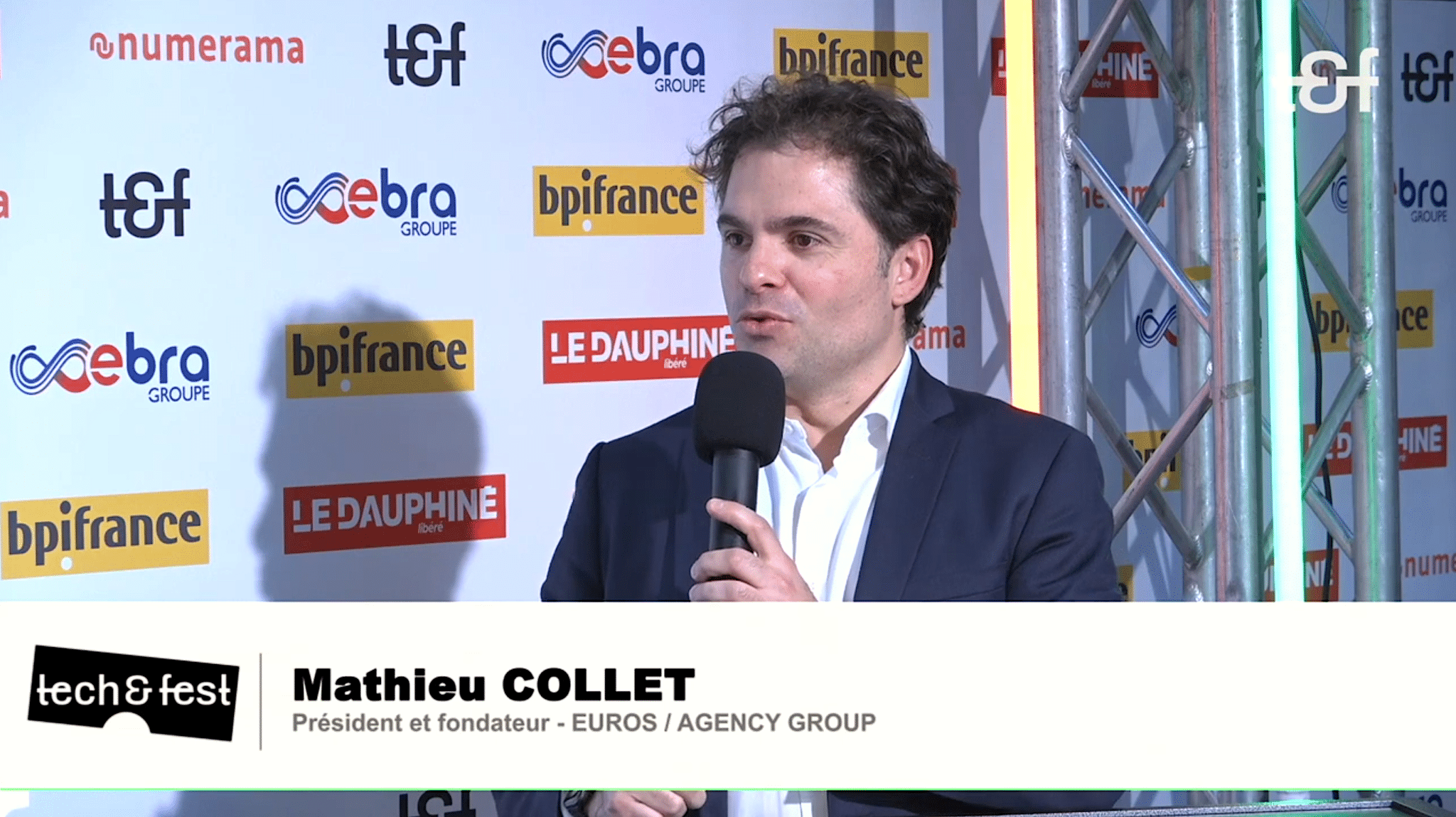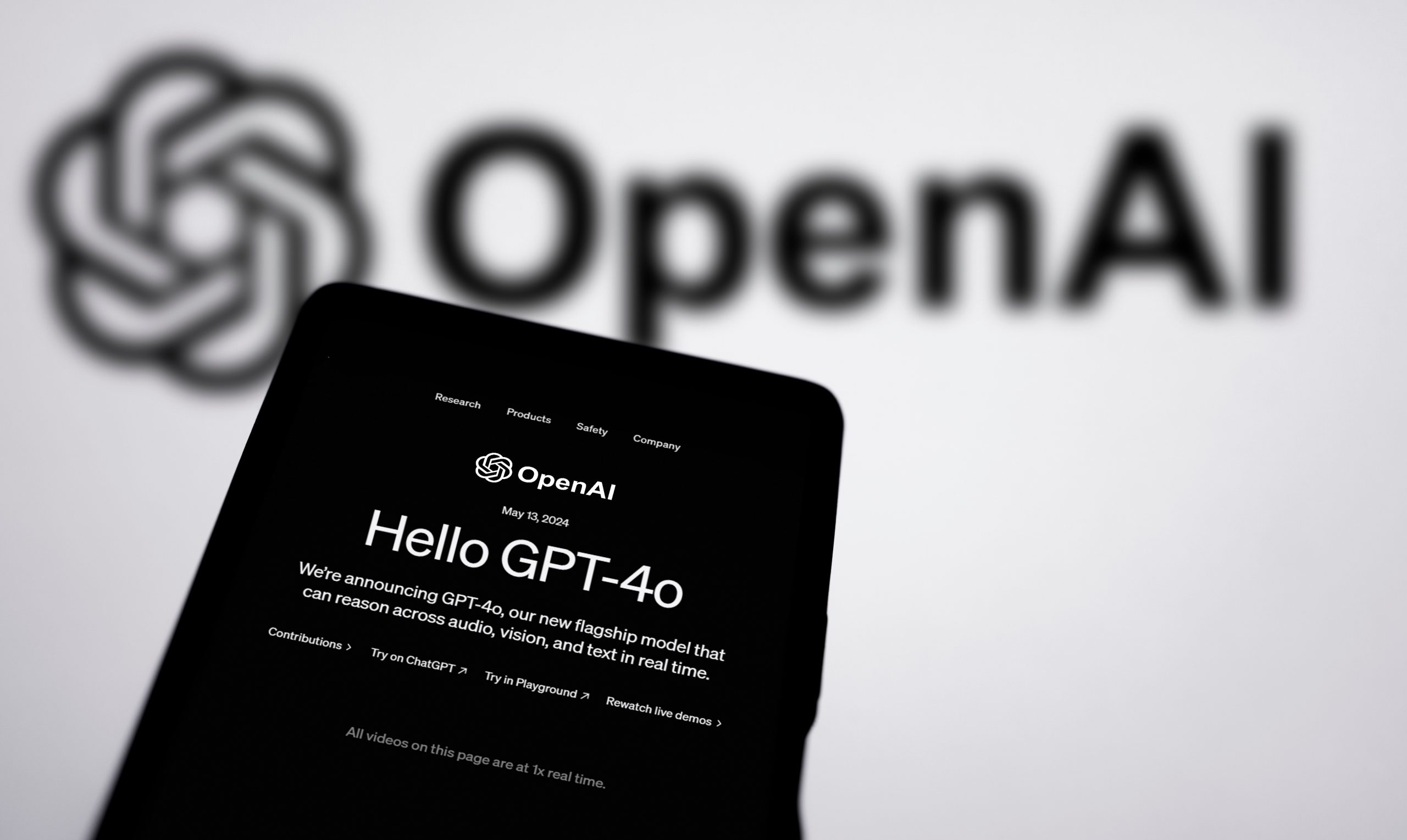
As the French nation faces a political and social crisis, crisis communication, to be credible, must open itself to dialogue, acknowledge mistakes, and use words as a vehicle for repair.
When a nation goes through a major political and social crisis—as is currently the case in France, whether due to protest movements, contested reforms, or institutional tensions—the legitimacy of those in power is immediately weakened.
In an environment where expectations for political responsibility, transparency, and social justice continue to grow, government communication can no longer be limited to a defensive stance or institutional talking points. It becomes a strategic lever not only to manage the situation but above all to restore trust and rebuild the bond between leaders and citizens.
The work of W. Timothy Coombs, through the Situational Crisis Communication Theory, provides a valuable lens for understanding these situations. The way power must communicate depends on the level of responsibility the public attributes to it. In the current French context—where the state is often held responsible for inflation, inequality, or reforms seen as unfair—the most appropriate strategy is based on acknowledging the facts, committing to a process of repair, and demonstrating tangible change.
Active Listening: The Foundation of Credibility
This process of rebuilding requires clear, measurable actions as well as sincere messages capable of addressing both the emotional and rational expectations of citizens. For this communication to be credible, it must be grounded in a coherent approach.
Intermediary bodies (unions, associations, local elected officials) are not merely passive recipients of top-down discourse but engaged actors who carry meaning and are often the first to either relay or criticize official messaging. Without communication that acknowledges emotions and opens real spaces for dialogue with these stakeholders, no restorative storytelling can truly convince public opinion.




















